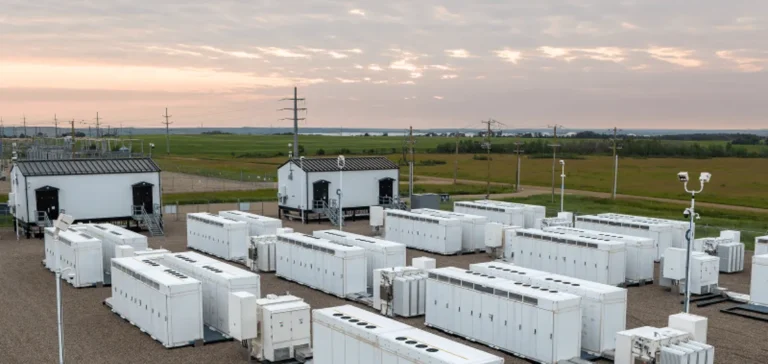Group1, a potassium battery specialist, and Michigan Potash & Salt Company, operator of the largest potash extraction site in the United States, have announced the signing of a memorandum of understanding to develop an integrated potassium-based battery sector within the country. The alliance aims to establish an industrial chain independent from critical metals and foreign suppliers.
A project rooted in energy independence
The project is based on the U.S. Potash Project, a complex under development in the state of Michigan, backed by a $1.26bn conditional loan commitment from the U.S. Department of Energy’s Loan Programs Office. The site will use advanced geothermal extraction technologies to produce high-purity potassium chloride, originally used in agriculture but now also intended for the energy storage industry.
The memorandum of understanding includes exploration of co-investment opportunities, long-term supply contracts, and industrial alignment between MPSC’s potash production and Group1’s potassium battery manufacturing ecosystem. The partnership also envisions installing Group1’s potassium-ion battery-based backup systems (UPS) on the potash project site, reinforcing the vertical integration of the initiative.
An industrial chain free from critical metal dependency
Unlike lithium-ion batteries, Group1’s potassium batteries contain no cobalt, nickel, or copper—metals often subject to geopolitical tensions and fragmented supply chains. This positioning would reduce the vulnerability of strategic infrastructure such as data centres, hospitals, and defence facilities to global disruptions.
According to Group1, the full capacity of the U.S. Potash Project could support up to 400 GWh of batteries annually, representing a significant share of U.S. storage needs by 2030. Even a fraction of that—4 GWh—would be enough to secure dozens of data centres or reinforce critical infrastructure without relying on foreign supply chains.
Towards reindustrialisation based on potash
Both companies state that this initiative contributes to redeploying American industrial capacity by linking local mining with advanced battery production. Group1 notes that its technology is built on the scientific legacy of John B. Goodenough, co-inventor of the lithium-ion battery, and initially targets the industrial, defence, and digital sectors.
Michigan Potash & Salt Company plans to produce a strategic resource that supports not only agriculture, but now also energy storage. This strategic repositioning transforms potassium chloride into a dual-use raw material, serving both agricultural and energy purposes.






















